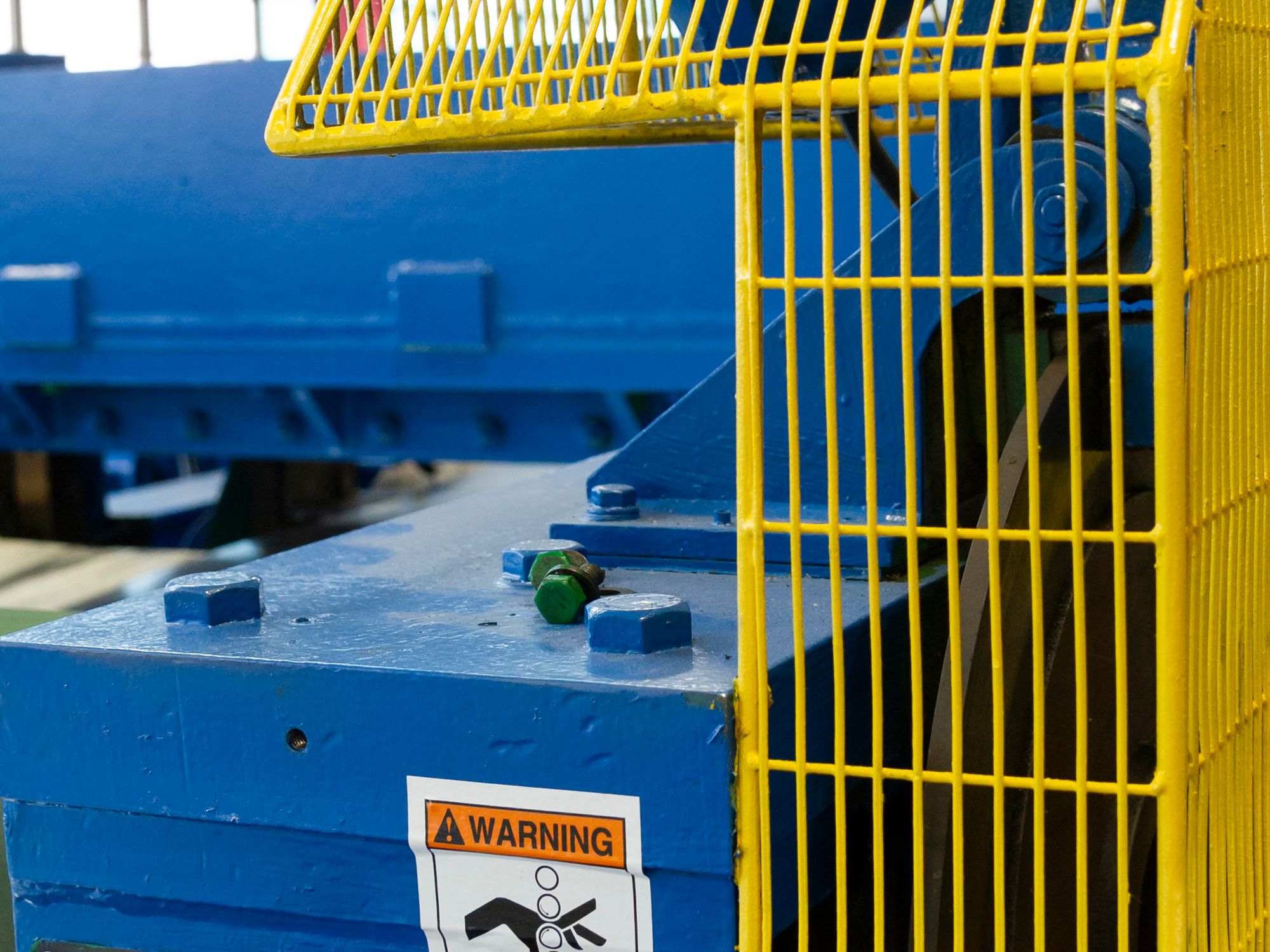InstituteLockout/TagoutLockout/Tagout Authorized WorkersLockout/TagoutLockout/Tagout Written ProgramLockout/Tagout Affected WorkersLockout/Tagout Periodic EvaluationFocus AreaEnglishAnalysisIn Depth Sub Topics (Level 4)USA
Excluded service and maintenance activities
['Lockout/Tagout']

The standard does not apply to general industry service and maintenance activities in the following situations, when:
- Exposure to hazardous energy is controlled completely by unplugging the equipment from an electric outlet and where the employee doing the service or maintenance has exclusive control of the plug. This applies only if electricity is the only form of hazardous energy to which employees may be exposed. This exception encompasses many portable hand tools and some cord and plug connected machinery and equipment.
- An employee performs hot-tap operations on pressurized pipelines that distribute gas, steam, water, or petroleum products, for which the employer shows the following:
- Continuity of service is essential.
- Shutdown of the system is impractical.
- The employee follows documented procedures and uses special equipment that provides proven, effective employee protection.
- The employee is performing minor tool changes or other minor servicing activities that are routine, repetitive, and integral to production, and that occur during normal production operations. In these cases, employees must have effective, alternative protection.
